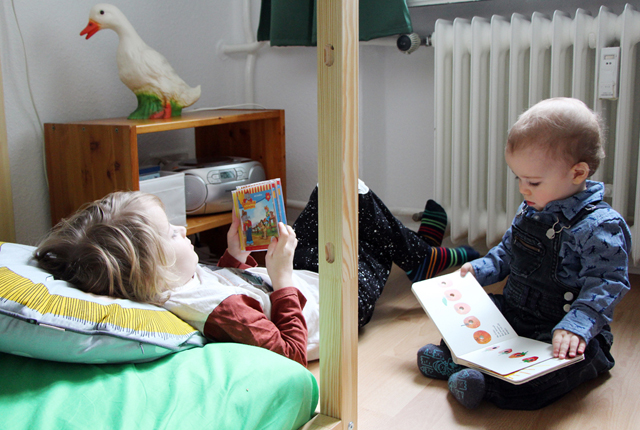
5 Tips for Nurturing Language in Kids
Today is International Mother Language Day, a worldwide observance held annually on 21st February to promote awareness of linguistic and cultural diversity and multilingualism. It reminded me, that it’s been a while since I wrote about bilingual parenting. Although I grew up bilingual myself, and consider myself a native speaker of English, I was monolingual until the age of four and, having two German parents, only have one official mother language, or mother tongue as its more commonly known. Having the opportunity to grow up bilingually for me was a bonus, but for my two sons it’s a different matter. They are also growing up bilingually, in a similar manner to myself, but being half German and half Scottish and being exposed to both languages from birth, they have two official mother tongues. As such, I feel that for them it is not just a bonus, but that it is our duty as parents to nurture both those languages.
So, how do we do that? Endless books and blogs have been written about the topic of bringing up bilingual and multilingual children, so what I have to tell you probably won’t be ground breaking. In fact, much of it will probably strike you as so obvious, you may wonder why write it down at all? Because sometimes you just need someone to say things out loud! And also, because I know of plenty multicultural families who didn’t go down the multilingual route and later regretted it. So if you happen to be one of those families that are hesitating, maybe sharing our experiences will encourage you to add one of more of these simple little things into your family life. Most of these tips hold true, by the way, for any kind of language development, whether you children have several or just the one mother tongue.
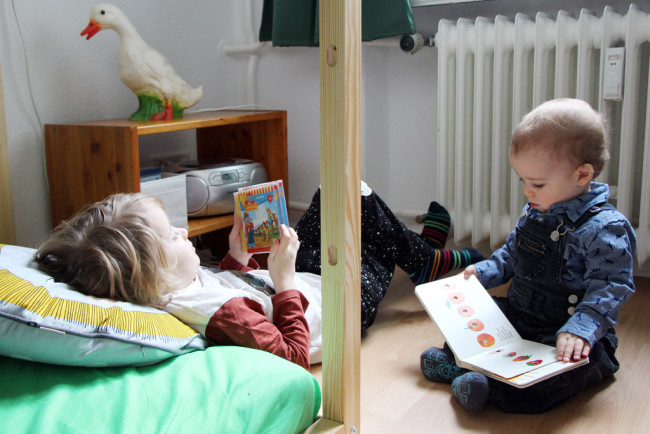
1. Talk to Your Children
This may be stating the obvious, but the number one thing you can do to nurture your child’s mother tongue, is to talk to them in that mother tongue! It may not always seem easy, especially when the language in question is a minority language where you live, or your communal family language at home may be a different one, but every little bit of exposure helps. I had a friend at school in Edinburgh, whose mother was German and she never spoke to her children in German. Later, when they were older and expressed the wish to learn the language, she regretted not having exposed them to it sooner, as it was much more difficult for them to learn it then. I’ve previously written about how we handle language in our family, but whether you follow the one-parent-one-language method, the minority language at home method, or whatever set up works for you, the important thing is: talk!
It’s also good for your children to hear other people speaking their mother tongues, not just themselves and their immediate family. Try to find ways to connect with other native speakers of your minority language. Places we have found other native speaking families to connect with include via local parenting groups on Facebook, local community centres, e.g. the one near us here in Berlin runs a bi-monthly English playgroup, and via expat churches (the German Church in Edinburgh and, vice versa, the Anglican Church in Berlin) – even if you are not religious, many churches have social groups that meet there. All else failing, if you hear other families at the local playground talking in your native, minority language, be brave and just go and approach them!
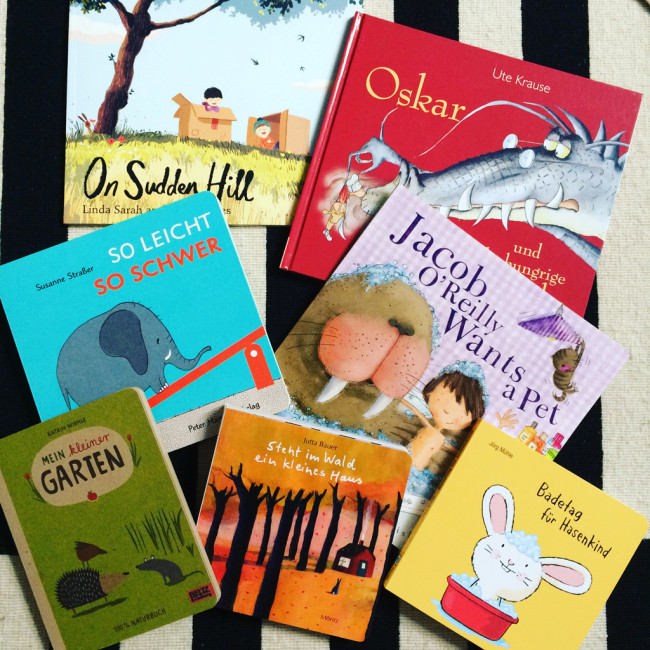
2. Read Books Together
Whilst reading books out loud to your children is another form of talking to them, it’s a different form of talking. When talking to your children in every day situations, they will be learning the language for every day things, such as getting dressed, having a meal, going shopping, going for a walk in the park or to the playground. But reading books will introduce them to a whole new set of vocabulary, whether it’s plants, animals and landscapes different to where you live, or more fantastical things such as dragons, fairies and other magical creatures, which will fuel their imagination and give them the language to express it. We have built up a large selection of children’s books in both English and German at home. And adding more books to your life needn’t be expensive – seek out your local library or second hand book shops, to see if you can find books in your relevant languages. You’ll be surprised what you can often find. If you’re in Berlin, check out the Berliner Büchertisch charity book shops, where each child gets to chose a free book when they visit! So even if you are not much of a book person yourself, for the sake of nurturing your children’s language: read!
3. Listen to Audio Books
Another way to add more books to your life, is via audio books (typically read aloud by one narrator) or audio dramas (where several voices act out a story). This is particularly great for children who can’t read yet to do on their own, though you can of course also listen to the stories together. I grew up on a diet of kids’ audio dramas, which are very popular in Germany, and our boys our doing well in building up their own collection. But there are also some great free audio book resources online, such as Ohrka, which offers audio dramas in German for children to listen to online or download for free. The audio dramas range from age 3+ to 8+ and include both modern tales as well as well known classics. For English audio books, Storynory has quite a good selection of free to listen to online or download.
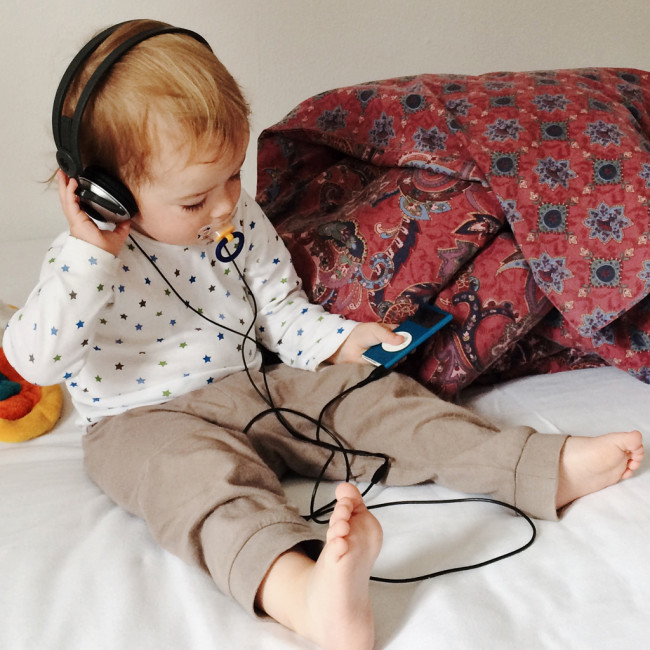
4. Sing Songs Together
As well as talking and reading, there’s also singing. It doesn’t matter whether or not you like the sound of your own singing voice, or whether you can sing in key. Children are generally very forgiving! Singing is a really memorable way for children to pick up new language skills. At my younger son’s German nursery, they always start the day with a singing circle, and it has been amazing to see him very early on starting to hum the songs from nursery at home and adding in the words bit by bit. We also sing lots of songs together at home, so that the boys get some English ones too. If you aren’t that confident about singing, there is a wealth of resources online, with words to songs and sound files for you to listen to the tune. Just search for a song you’d like to sing, or if you don’t have a specific one in mind, do a search for popular children’s songs. We’ve also found singing a great way to nurture both languages at once, so even though we try not to mix our languages when talking, for some songs we will sing verses in both English and German, e.g. Frère Jaques or The Wheels on the Bus.
5. Children’s TV Programmes & Apps
Finally, screen time is a contentious topic amongst parents, but well selected TV programmes can be beneficial to language development. I actually remember, when we moved from Scotland to Germany in the 90s, we were suddenly being encouraged by our parents to watch English TV programmes that we had previously been discouraged to watch back in Scotland, because it was an opportunity to keep up our English. Similarly, when we realised our eldest had taught himself the alphabet and reading his first words in English, just by watching Alphablocks, it became one of our ‘go to’ programmes. And watching TV is also a way to expose your children to different accents in their mother tongues – though beware of letting them watch too much of the same programme, or you may wonder why your Scottish kids suddenly have American accents!
Speaking of screen time, the digital age is your (language) oyster! If you have a tablet at home, there are some great apps for kids out there that can help to develop and nurture languages. We have a selection of story time, music, alphabet and reading apps, as well as a few games just for fun, but even just listening to and learning to understand the instructions in those is a form of language development.
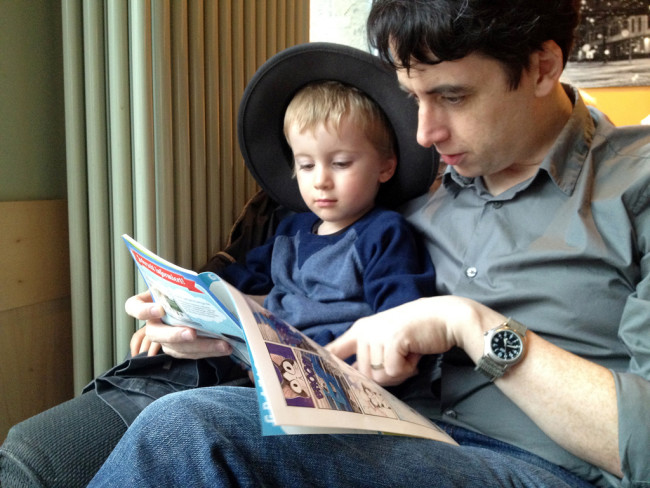
So, those were all my tips for today. As you can see, they are really simple little things that you can easily incorporate in to your every day lives. If you have further tips on how to nurture and develop children’s language, whether for monolingual or multilingual families, do feel free to share them in the comments below!




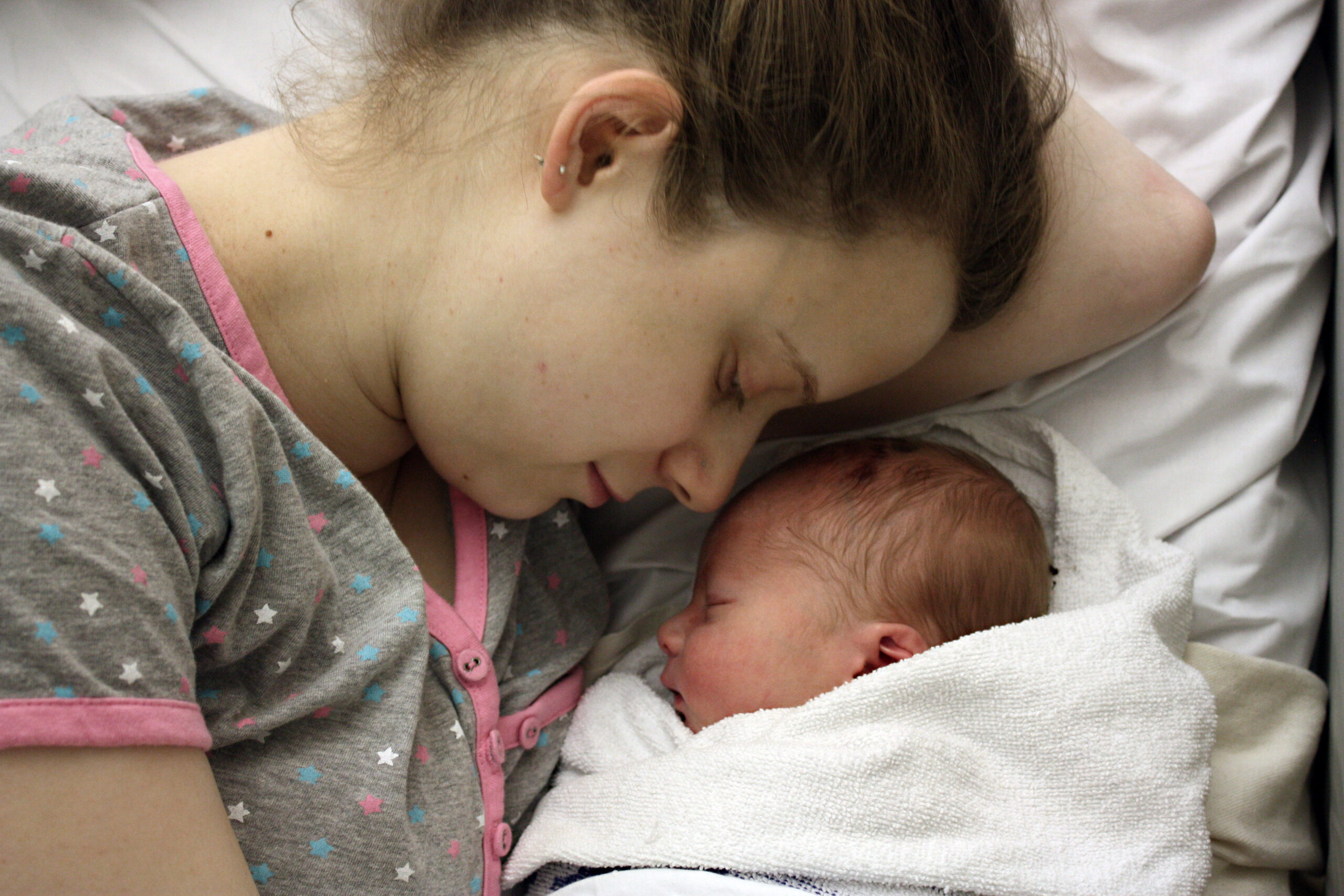
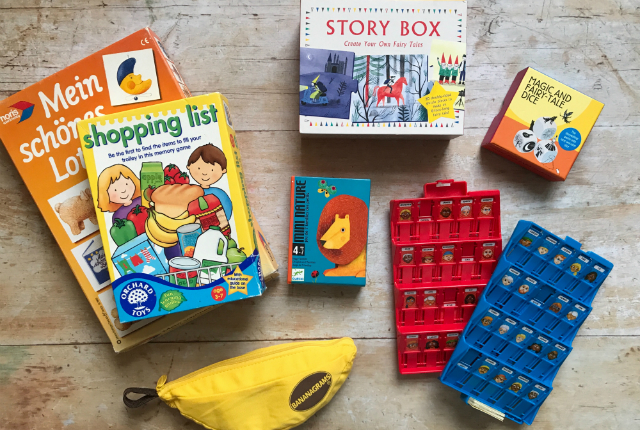
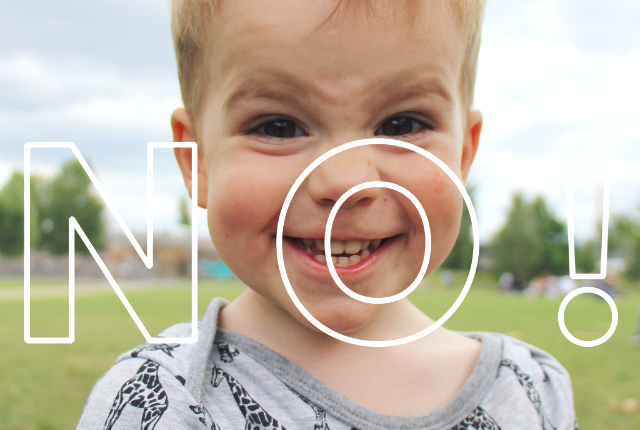
Therese
Love this article. So many great reminders
Tina
Jenni, this is a really good and helpful article! We also encourage our kids to watch English TV shows and movies, something we didn’t do when we were still living in the United States. But since neither of us is a native speaker of English we do everything we can to keep the language active and alive. And we are already planning a trip to the US so that they are going to be exposed to a natural speaking environment. But that’s not until next year….
Tina – spreading the BLOGST-love ;-)
Pingback: 5 Great Games for Bilingual Children – The Bear & The Fox